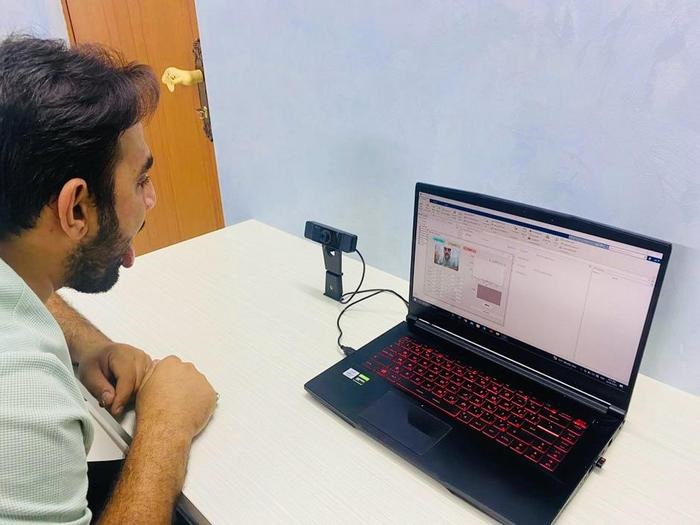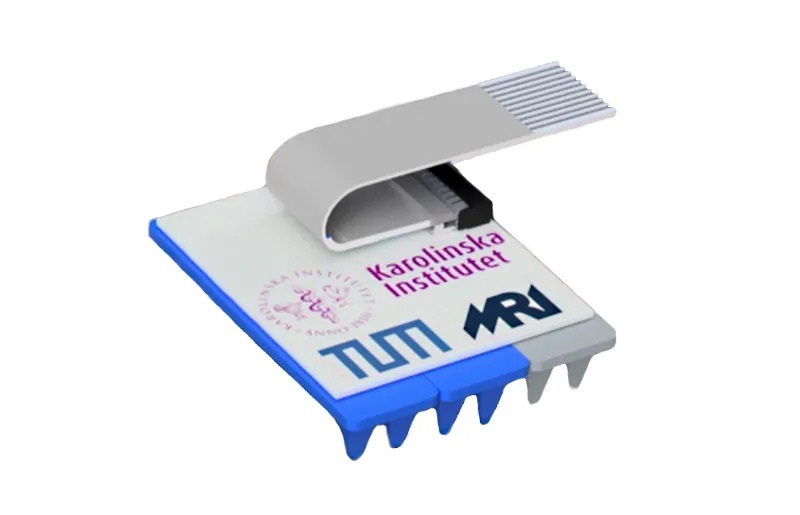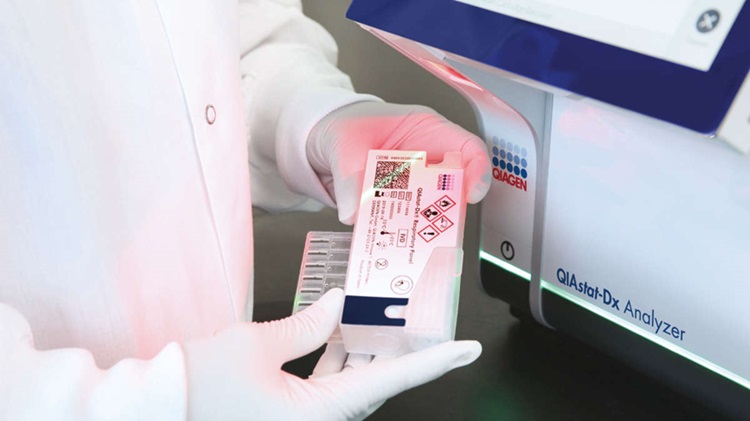Elevated Gene Expression Correlates with Prostate Cancer Severity
|
By LabMedica International staff writers Posted on 10 Sep 2018 |
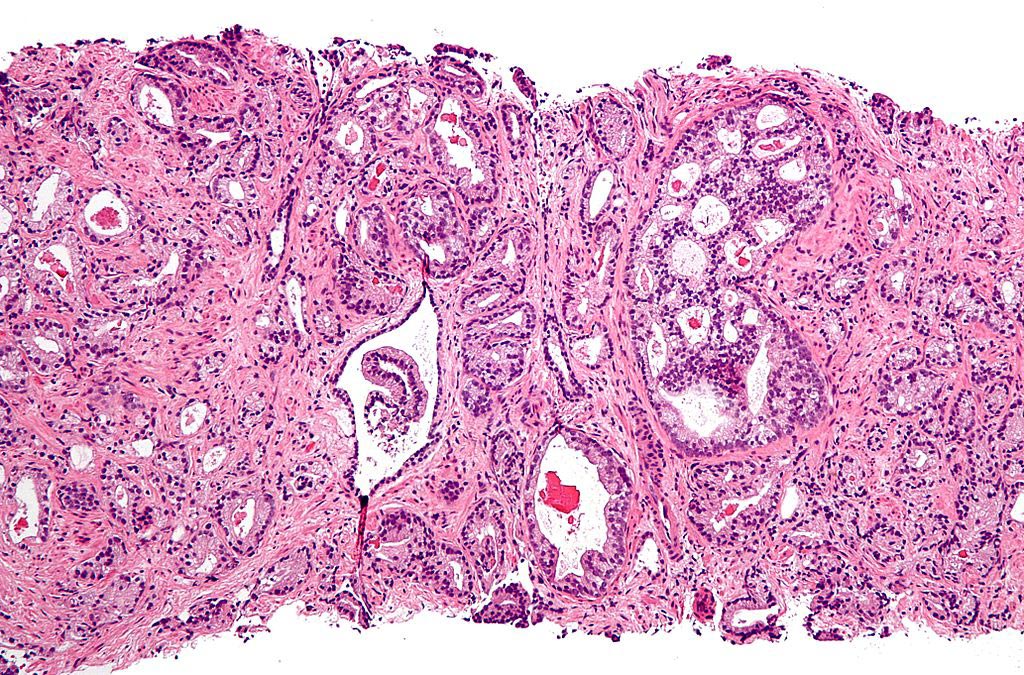
Image: A micrograph of prostate adenocarcinoma, acinar type, the most common type of prostate cancer (Photo courtesy of Wikimedia Commons).
Elevated expression of the gene ANO7 has been shown to correlate with the severity and possible outcome of prostate cancer (PrCa).
Based on earlier studies showing that genetic signals at 2q37, the location of the prostate specific ANO7 gene were indicators of likelihood of developing prostate cancer, investigators at the University of Turku, Finland) focused on this gene as part of their effort to find germline biomarkers that could predict outcome of the disease.
To investigate, in detail, the associations between the ANO7 gene and PrCa risk and disease aggressiveness, ANO7 from castration resistant tumors was sequenced together with samples from unselected PrCa patients and unaffected males. Two pathogenic variants were discovered and genotyped in 1769 patients and 1711 unaffected males.
Variant rs77559646 showed both risk and association with aggressive PrCa, while high ANO7 expression was independently linked to poor survival. ANO7 genotypes correlated with expression and biochemical relapse, suggesting that ANO7 was a potential PrCa susceptibility gene and that its elevated expression correlated with disease severity and outcome.
"We found that small genetic changes to the ANO7 gene increase a patient's risk of aggressive prostate cancer. One of the current biggest unmet needs in prostate cancer care is being able to diagnose aggressive cancers at an early stage. Genetic testing for ANO7 could help identify these patients sooner and may bring new opportunities for precision oncology in prostate cancer," said senior author Dr. Johanna Schleutker, professor of biomedicine of the University of Turku.
The study was published in the August 29, 2018, online edition of the International Journal of Cancer.
Related Links:
University of Turku
Based on earlier studies showing that genetic signals at 2q37, the location of the prostate specific ANO7 gene were indicators of likelihood of developing prostate cancer, investigators at the University of Turku, Finland) focused on this gene as part of their effort to find germline biomarkers that could predict outcome of the disease.
To investigate, in detail, the associations between the ANO7 gene and PrCa risk and disease aggressiveness, ANO7 from castration resistant tumors was sequenced together with samples from unselected PrCa patients and unaffected males. Two pathogenic variants were discovered and genotyped in 1769 patients and 1711 unaffected males.
Variant rs77559646 showed both risk and association with aggressive PrCa, while high ANO7 expression was independently linked to poor survival. ANO7 genotypes correlated with expression and biochemical relapse, suggesting that ANO7 was a potential PrCa susceptibility gene and that its elevated expression correlated with disease severity and outcome.
"We found that small genetic changes to the ANO7 gene increase a patient's risk of aggressive prostate cancer. One of the current biggest unmet needs in prostate cancer care is being able to diagnose aggressive cancers at an early stage. Genetic testing for ANO7 could help identify these patients sooner and may bring new opportunities for precision oncology in prostate cancer," said senior author Dr. Johanna Schleutker, professor of biomedicine of the University of Turku.
The study was published in the August 29, 2018, online edition of the International Journal of Cancer.
Related Links:
University of Turku
Latest Molecular Diagnostics News
- Novel Blood Test Could Reveal Alzheimer’s Disease Biology and Risk for Progression
- Light-Induced Immunoassay Selectively Detects Coronavirus Spike Proteins In 5 Minutes
- Simple Blood Test Detects ALS with 98% Accuracy
- Blood Test Predicts Risk for Developing COPD and Other Severe Respiratory Diseases
- Newly Identified Biomarkers to Pave Way for SIDS Screening Test
- First Ever Molecular Diagnostic Tool Could Enable Early Diagnosis of Inflammatory Diseases in Children
- New Technology Detects Cancer Mutant Genes in Blood with World's Highest Sensitivity
- New Blood Test to Detect Alzheimer’s Disease Before Clinical Symptoms Develop
- Binding-Activated Fluorescent Biosensors Open Vast Possibilities for Medical Diagnostics
- Rapid Dopamine Test to Enable Early Detection of Neurological Disorders
- Long-Read Sequencing Technology to Identify Genetic Contributors of Rare Diseases in Children
- Microarray Immunoassay Improves Accuracy and Speed of Celiac Disease Diagnosis
- New Technique Enables Comprehensive Genetic Examination of Embryos with Single Test
- Easy-To-Use Point-Of-Care Testing Device Accurately Measures Cortisol Levels in Blood
- Blood-Based Test Allows for Minimally Invasive Detection of IDH1.R132H-Mutant Gliomas
- Single Blood Test Predicts 30-Year Cardiovascular Disease Risks for Women
Channels
Clinical Chemistry
view channel.jpg)
POC Saliva Testing Device Predicts Heart Failure in 15 Minutes
Heart failure is a serious condition where the heart muscle is unable to pump sufficient oxygen-rich blood throughout the body. It ranks as a major cause of death globally and is particularly fatal for... Read more
Screening Tool Detects Multiple Health Conditions from Single Blood Drop
Infrared spectroscopy, a method using infrared light to study the molecular composition of substances, has been a foundational tool in chemistry for decades, functioning similarly to a molecular fingerprinting... Read more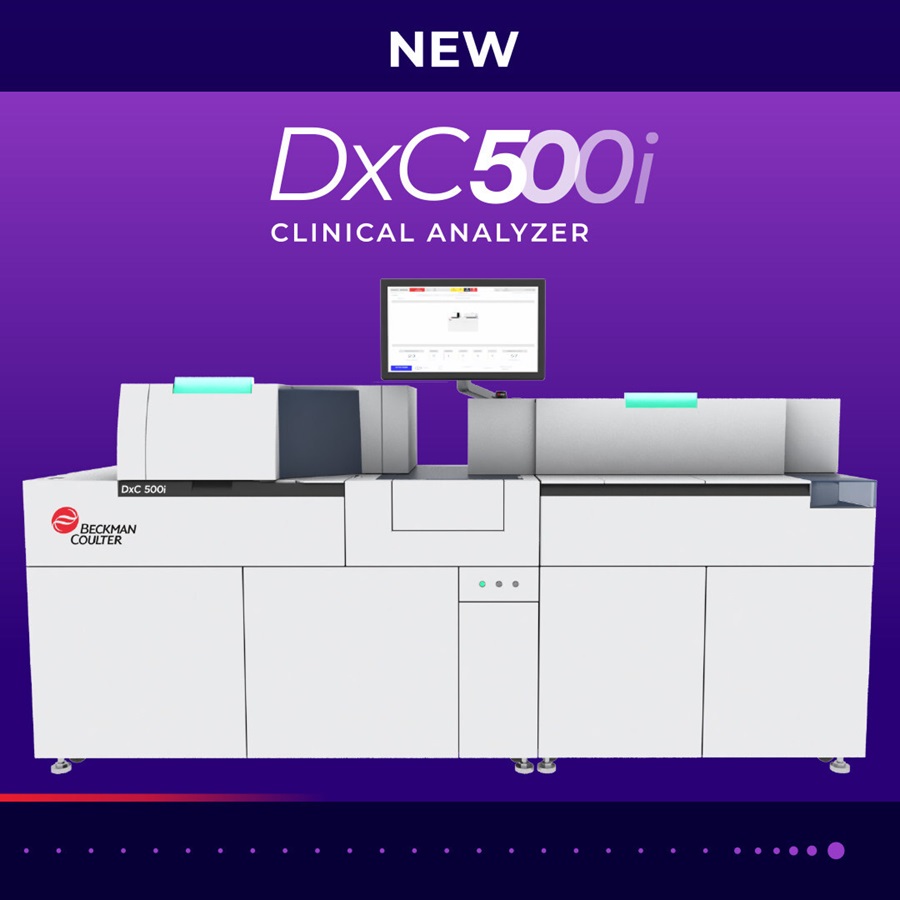
Integrated Chemistry and Immunoassay Analyzer with Extensive Assay Menu Offers Flexibility, Scalability and Data Commutability
As global healthcare systems increasingly shift towards networked laboratory operational models to enhance efficiency and patient access, there is a greater need for innovative solutions tailored to the... Read moreHematology
view channel
Newly Discovered Blood Group System to Help Identify and Treat Rare Patients
The AnWj blood group antigen, a surface marker discovered in 1972, has remained a mystery regarding its genetic origin—until now. The most common cause of being AnWj-negative is linked to hematological... Read more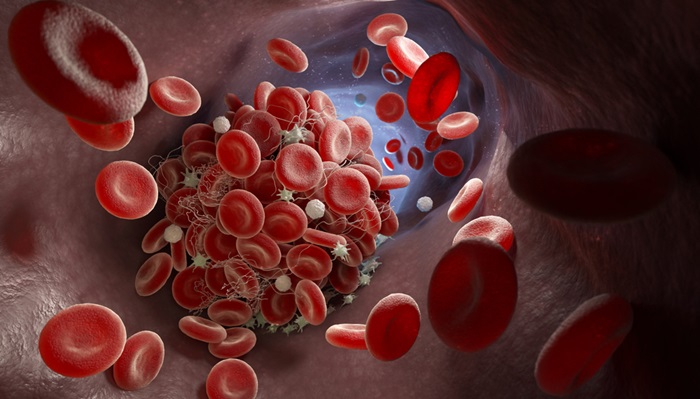
Blood Platelet Score Detects Previously Unmeasured Risk of Heart Attack and Stroke
Platelets, which are cell fragments circulating in the blood, play a critical role in clot formation to stop bleeding. However, in some individuals, platelets can become "hyperreactive," leading to excessive... Read moreImmunology
view channel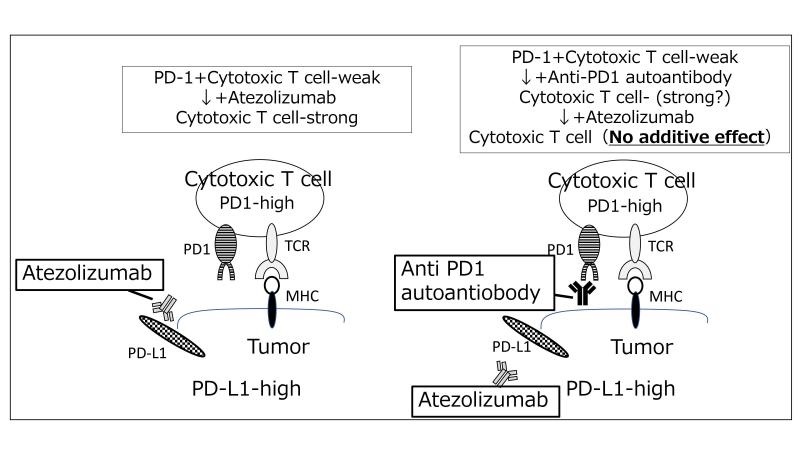
Blood Test Predicts Survival in Liver Cancer Patients
Hepatocellular carcinoma (HCC) is the most common form of liver cancer and ranks as the fourth leading cause of cancer-related deaths worldwide. For patients with advanced HCC, several systemic treatments... Read more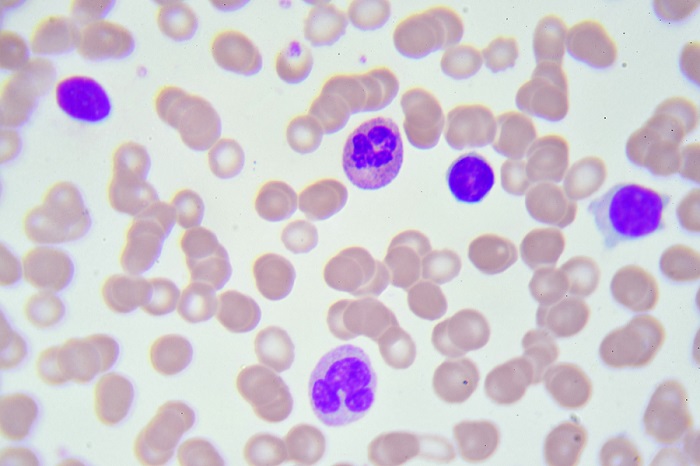
Simple Blood Test Identifies Multiple Myeloma Patients Likely to Benefit from CAR-T Immunotherapy
Multiple myeloma, a type of blood cancer originating from plasma cells in the bone marrow, sees almost all patients experiencing a relapse at some stage. This means that the cancer returns even after initially... Read more
Portable Device Analyzes White Blood Cell Activity to Monitor Cancer Patients’ Health
Chemotherapy and similar treatments aimed at eliminating cancer cells often adversely affect patients' immune cells. Each year, this results in tens of thousands of cancer patients suffering from weakened... Read moreMicrobiology
view channel
Rapid Diagnostic System to Deliver Same-Shift Antibiotic Susceptibility Test Results
The World Health Organization estimates that sepsis impacts around 49 million people worldwide each year, resulting in roughly 11 million deaths, with about 1.32 million of these deaths directly linked... Read more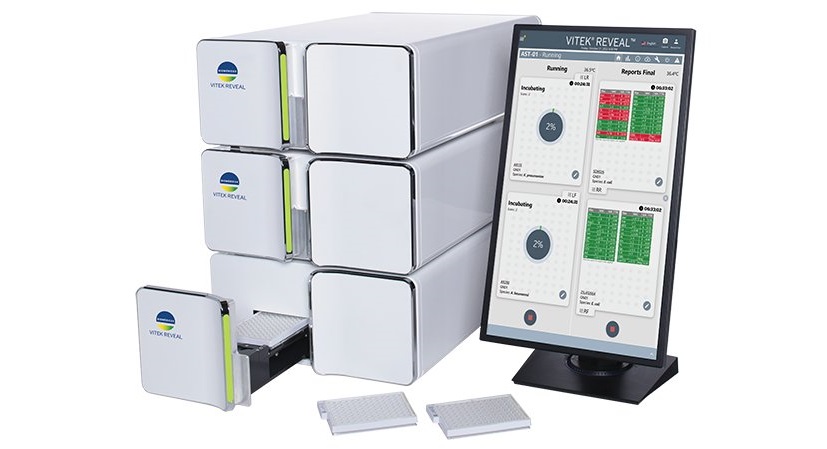
AST System Delivers Actionable Results for Gram-Negative Bacteria Directly from Positive Blood Cultures
Annually, sepsis claims the lives of 11 million people globally, with 1.3 million of these deaths linked to antibiotic-resistant bacteria. For clinicians, the ability to quickly and accurately interpret... Read more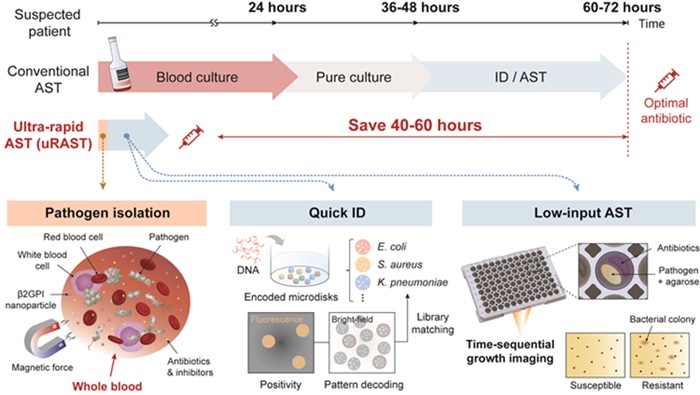
Ultra-Rapid Culture-Free Sepsis Test Reduces Testing Time from Days to Hours
Sepsis, a critical emergency condition, results from an overactive inflammatory response to pathogens like bacteria or fungi in the blood, leading to organ damage and the possibility of sudden death.... Read more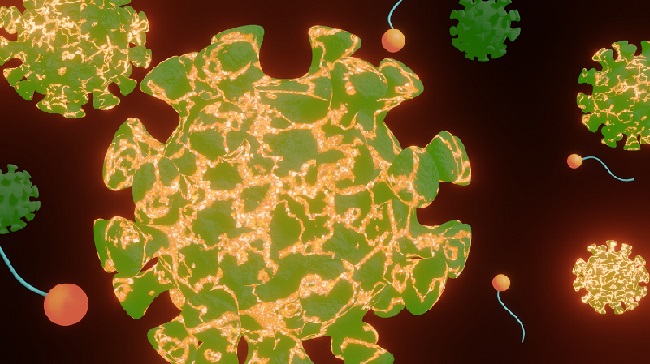
New Rapid Method for Determining Virus Infectivity Could Revolutionize Response to Future Pandemics
On average, every four years a new virus emerges that poses a pandemic threat, in addition to numerous already known viruses that have the potential to jump across species. Currently, there is no test... Read morePathology
view channelAI-Based Tissue Staining Detects Amyloid Deposits Without Chemical Stains or Polarization Microscopy
Systemic amyloidosis, a disorder characterized by the buildup of misfolded proteins in organs and tissues, presents significant diagnostic difficulties. The condition affects millions of people each year,... Read more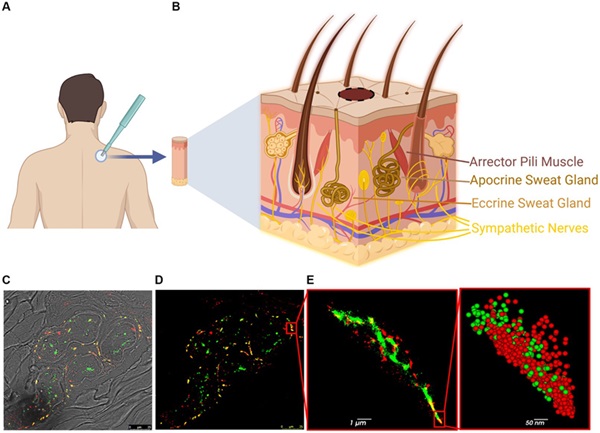
Super-Resolution Imaging Detects Parkinson's 20 Years Before First Motor Symptoms Appear
Parkinson's disease is the second most common neurodegenerative disorder globally, affecting approximately 8.5 million people today. This debilitating condition is characterized by the destruction of ... Read more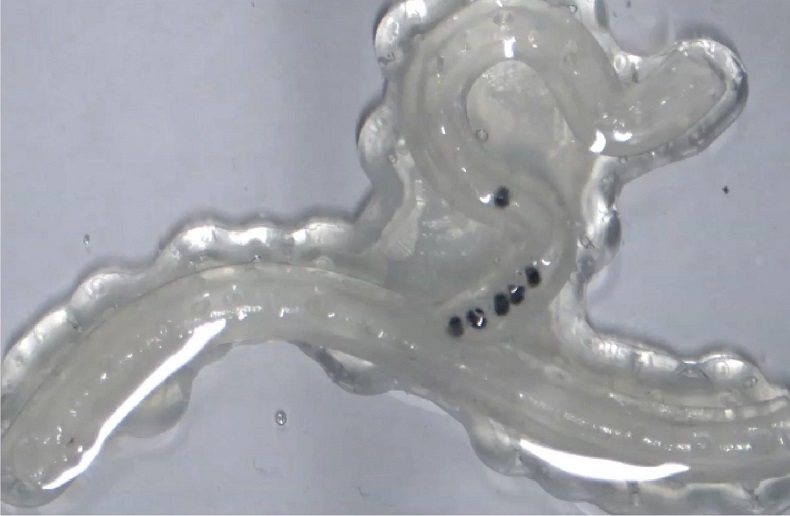
New Technology for Sampling Body Liquids in Confined Spaces to Enable Early Cancer Detection
Body fluids—such as blood, pancreatic juice, urine, and mucus—contain valuable information about chemical composition, biomarkers, bacterial colonies, and other key components. This information aids researchers... Read moreTechnology
view channel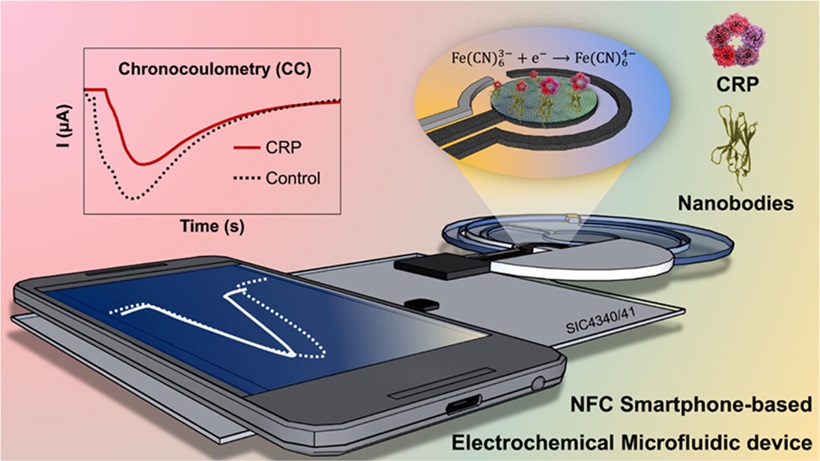
POCT Device Monitors C-Reactive Protein Levels Associated with Inflammation in Real Time
Inflammation, a natural immune response, increases blood flow and improves cellular defense against diseases and infections. Rapid detection of inflammation is critical for effective treatment, creating... Read more
New Microfluidics Method to Speed Up Blood Analyses
Researchers have developed a new method to accelerate and potentially scale up the process of separating particles in fluids, a technique that could prove useful for analyzing cancer cells from blood.... Read moreIndustry
view channel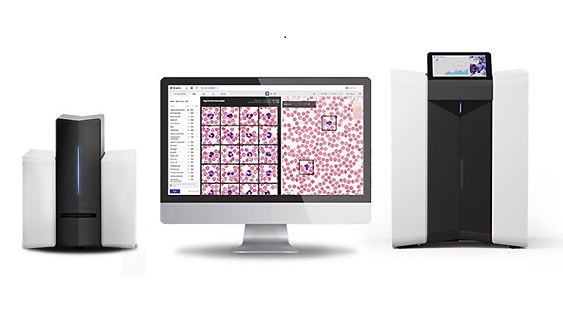
Beckman Coulter and Scopio Labs Add World's First Digital Bone Marrow Imaging and Analysis to Long-Term Partnership
Since 2022, Beckman Coulter (Brea, CA, USA) and Scopio Labs (Tel Aviv, Israel) have been working together to accelerate adoption of the next generation of digital cell morphology. Scopio's X100 and X100HT... Read more
Roche Expands Digital Pathology Open Environment with Integration of Advanced AI Algorithms from New Collaborators
Roche (Basel, Switzerland) has expanded its digital pathology open environment by integrating over 20 advanced artificial intelligence (AI) algorithms from eight new collaborators. These strategic collaborations... Read more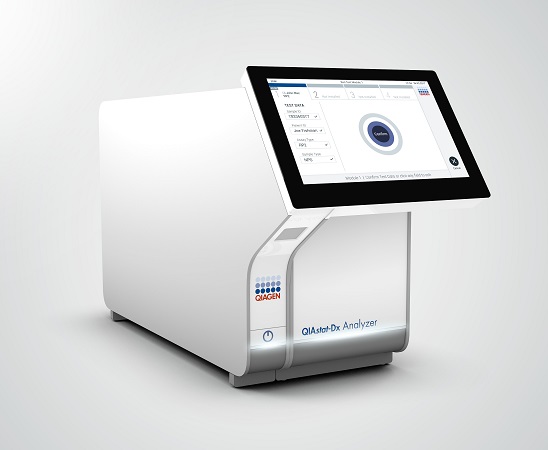




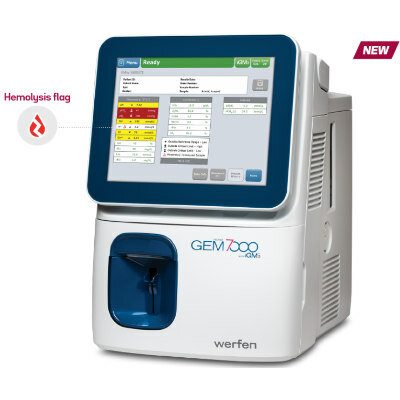




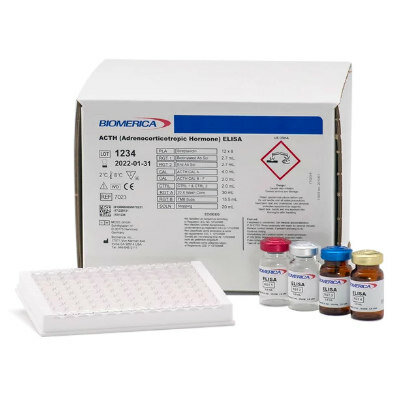

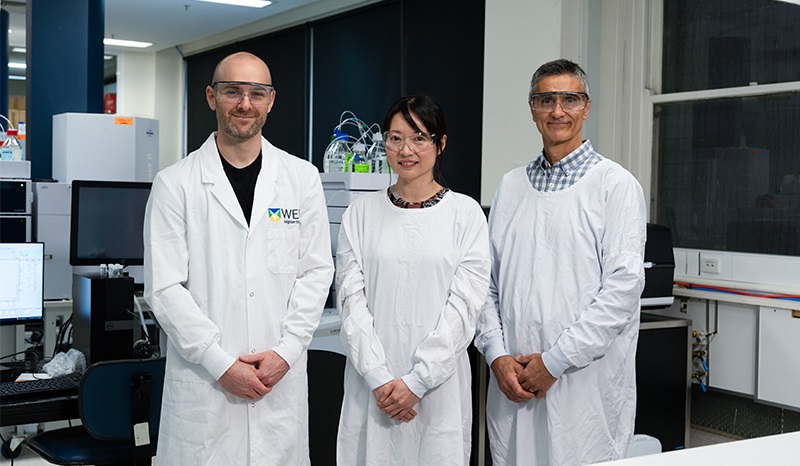


.jpeg)
